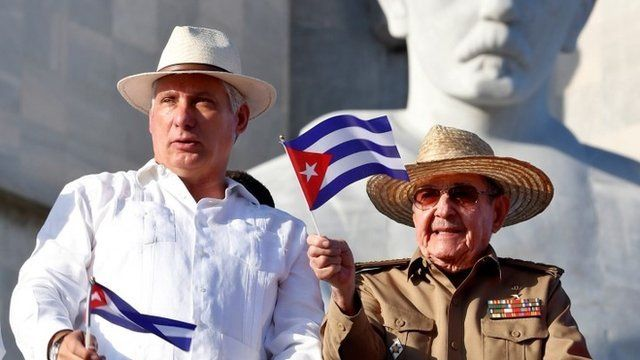Last year, a liberal constitution to replace the Pinochet-era one was rejected. Now a referendum will be held on a new draft that curbs abortion rights and enshrines Catholic morality. Here, five women reflect on 2019’s protests and the struggle for equality
Chile will vote this week on whether to finally replace the country’s dictatorship-era constitution. But for campaigners seeking equal rights for women and Indigenous peoples, the new draft constitution is a big disappointment.
The referendum, which will be held on 17 December, is the latest stage in a four-year political saga. An agreement to vote on a replacement for the dictatorship-era constitution during Gen Augusto Pinochet’s rule was first reached in 2019 after the country’s worst unrest in decades led to at least 30 people being killed, scores blinded by shotgun pellets, teargas canisters and non-lethal ammunition fired by police, and thousands more injured.
Women were at the forefront of the protests – demanding gender equality, less restrictive abortion rights, and protection from domestic violence. Pinochet’s charter was seen as the driving force behind inequality and upholding conservative, Catholic values.
As a result of the 2019-20 protests, campaigners proposed a progressive new constitution – the first in the world written by an elected citizens’ assembly with equal representation of men and women. It offered unprecedented protection for women, LGBTQ+ people and Indigenous communities, along with pro-choice reproductive rights.
However, the new constitution was deemed too radical by the majority of Chileans, who voted overwhelmingly against it in 2022.
This year, a second attempt to rewrite the constitution has been led by the far-right Republican party, which is intent on reversing abortion rights and seeks to promote Catholic moral values. The result is a text drafted by people who “never wanted to change the constitution in the first place”, said Dr Claudia Heiss, a political scientist at the University of Chile.
For example, in the new proposal protection is granted for the “life of who is to be born”. This is a change from the “life of that is to be born” in the current 1980 charter. This small alteration could make abortion access even more difficult in constitutional courts, as it places emphasis on the foetus as a person.
Abortion is permitted only under specific circumstances in Chile: when the mother’s life is at risk, when the foetus is not viable, or in cases of rape.
The new proposal also gives institutions the right to object to existing laws according to their religious values. This could affect the provision and availability of morning-after pills, legally permitted abortions, and same-sex marriage ceremonies.
The Guardian spoke to five people who took part in the 2019 national protests to ask what had changed since then and to find out what they thought about the new draft constitution.

